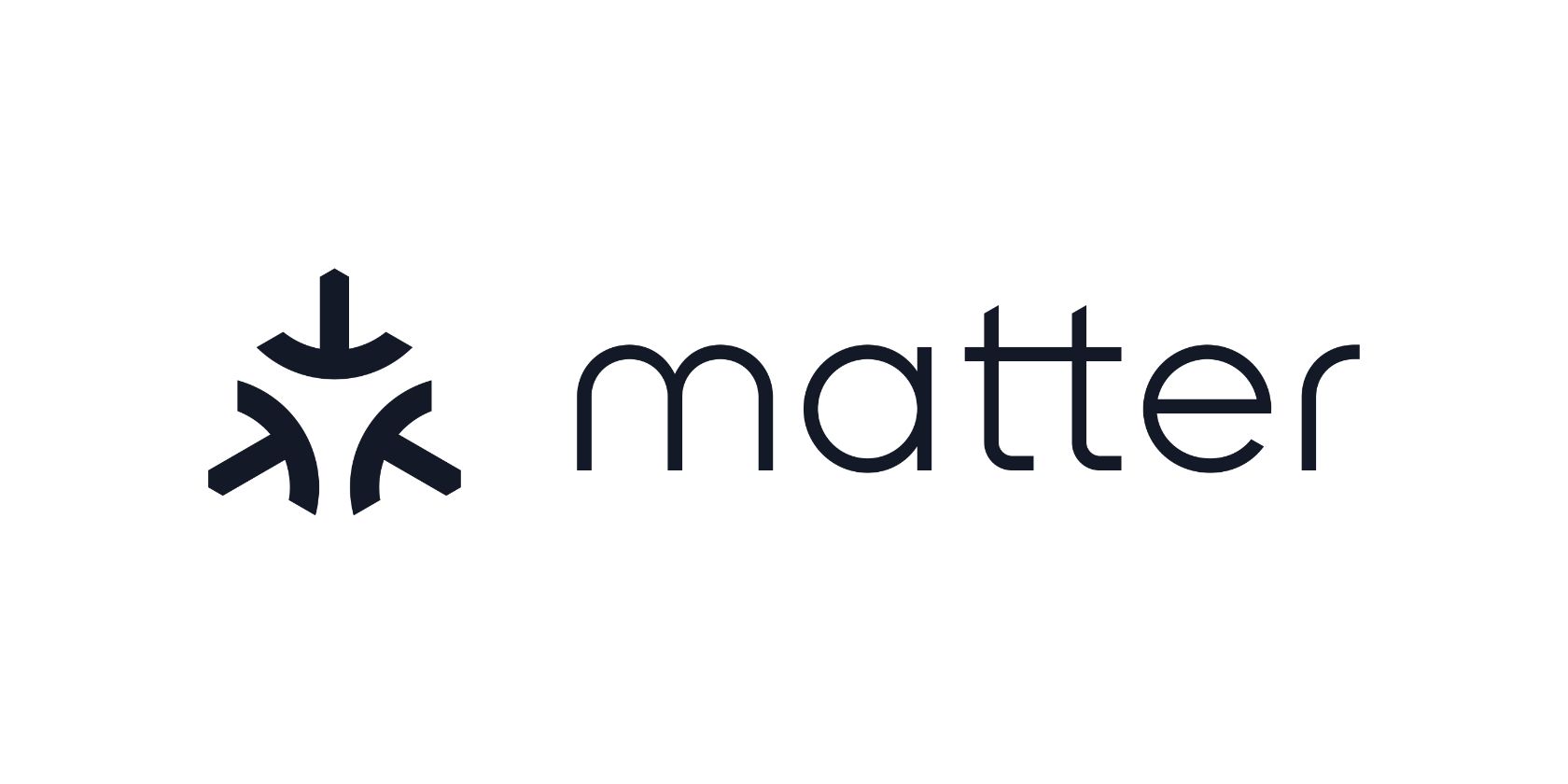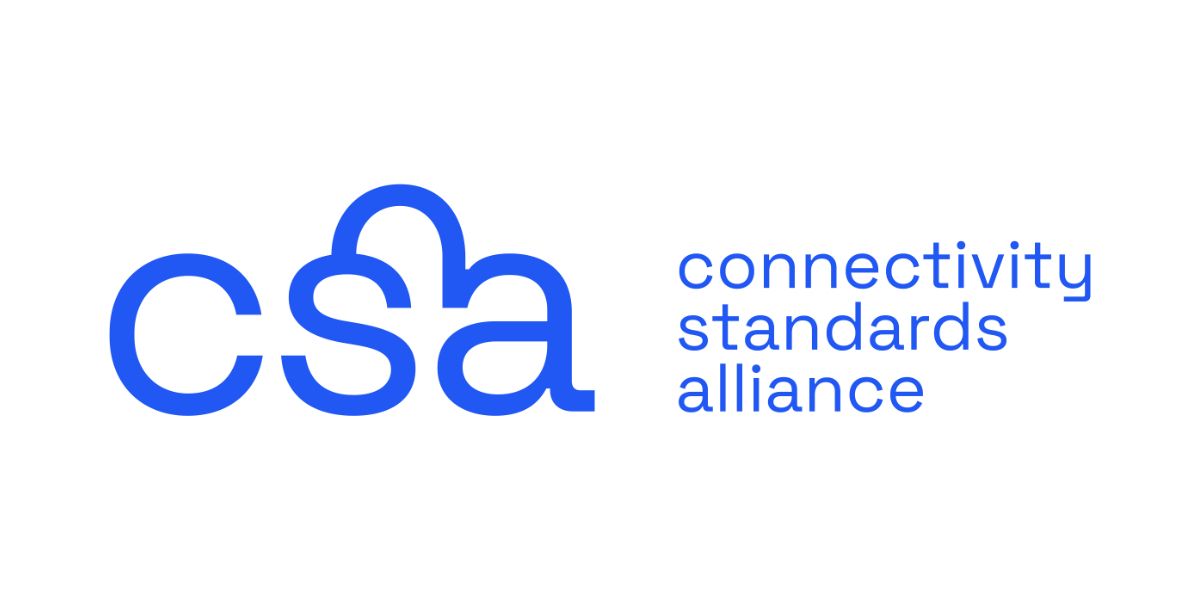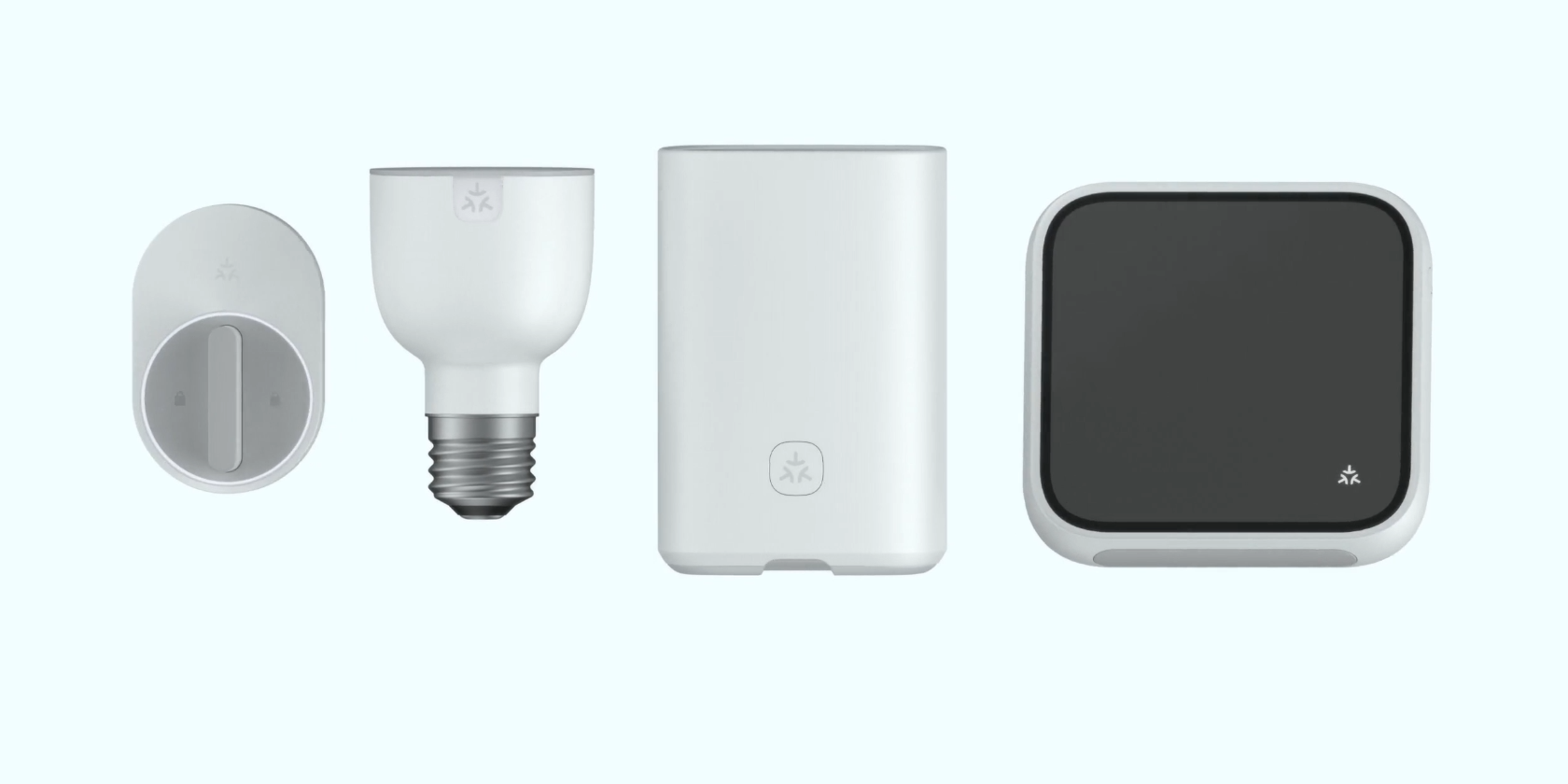CHIP, the smart home partnership that included device manufacturers Amazon, Apple, Google, Samsung, the Connectivity Standards Alliance (formerly the Zigbee Alliance), and others, has recently rebranded to Matter.
But what is Matter, and why is it important? We’re discussing everything we know so far about this exciting new standard and what it might mean for the smart home industry.
What Is Matter?
In 2019, several manufacturers came together intending to create a smart home communication standard to connect various devices. This standard, known as the Connected Home over IP project (Project CHIP), aimed to unify device communication so that smart products could work better together.
But why does the industry need a unified standard? Unfortunately, a current problem with smart home technology is its mishmash of incompatible brands and devices. Hubs, communication protocols, and smart assistants operate only within their unique ecosystems. This "walled garden" limitation forces consumers to saddle themselves with devices that work only within a singular ecosystem or face compatibility issues.
The big-picture objective of the companies behind Project CHIP was that its single standard could unify the range of products available to consumers, allowing one smart assistant to control every smart device in the home.
In early May, the Connectivity Standards Alliance announced a rebrand for Project CHIP that included a new logo and a new name—Matter. The new standard focuses on the principles of simplicity, interoperability, reliability, and security. These guiding principles have led to a unifying internet protocol poised to change the smart home landscape.
The recent rebranding demonstrates the project's unstoppable momentum. According to some reports, the first Matter certifications could arrive as early as the end of 2021. Matter's name and new logo will also appear on all smart home products supporting the protocol.
What Does Matter Mean for Consumers, Manufacturers, Retailers, and Developers?
For consumers, Matter aims to simplify the process of selecting smart home devices. Instead of worrying about which devices work together, homeowners with Matter certified products will enjoy a much more fluid experience, even if their devices are from disparate ecosystems. This simplification means more choice and a much more comprehensive selection for folks looking to build their perfect smart home.
For retailers, Matter means consumers won’t have to seek out products from only individual ecosystems. Instead, many retailers can function as a one-stop shop for all smart home products and feel confident that those products will be compatible. That means more potential customers and more money to the bottom line.
For manufacturers, Matter promises more innovation and less time to market. The open-source nature of the standard's internet protocol focuses on streamlining the development of products. In other words, Matter will help developers build more compatible devices.
What Kind of Devices Will Work With Matter?
There are plans to launch lighting devices, HVAC controls, access controls, safety and security items, window coverings, TVs, access points, and bridges. Other products are also indicated, but specific devices were not disclosed at this time.
As more smart home manufacturers sign-on, expect the list of Matter certified devices to grow. Many companies, including Philips Hue, Comcast, SmartThings, Tuya, Huawei, Nanoleaf, Amazon, Google, and Apple, have already joined the Connectivity Standards Alliance in support of Matter. And tech giant Google recently announced that it would soon update its Nest and Android devices to support the standard.
Will This New Standard Affect My Current Devices?
At this point, no. The two major communication protocols, Zigbee and Z-Wave, are still going strong. That means your current devices won’t just stop working. Though the future is uncertain, it would be unusual for these devices to become obsolete anytime soon. What may be more likely is that these protocols could be absorbed by Matter's standard and updated to become part of it.
But because Matter is still in development, it's also difficult to speculate on the impact of the standard in the future. But if Apple, Google, and Amazon are already in the mix, you can be sure that it will be big.
What About Connectivity?
Matter promises that consumers will set up devices with a code—much like many current Apple HomeKit devices. The first specification of the standard currently supports connectivity via Bluetooth Low Energy (BLE) to Thread and Wi-Fi networks. According to the press release, Ethernet support will be available as well.
Devices from Apple, Google, Samsung, and Amazon will also work natively with Matter's protocol. And a mobile app and cloud service are also in the works.
What Does Matter Mean for the Future of Smart Homes?
That isn’t easy to predict. However, it seems as though Matter will eliminate the current boundaries that exist in many smart device ecosystems. For smart homeowners, this means that making decisions about smart home products will require less research, and more plug-and-play products will be available. That's good news for some.
The announcement of Matter offers what many consumers have been asking for all along in the smart home industry—unification. With Apple, Amazon, and Google on board, it would appear that the industry is finally listening.
Featured Image Credit: Matter




